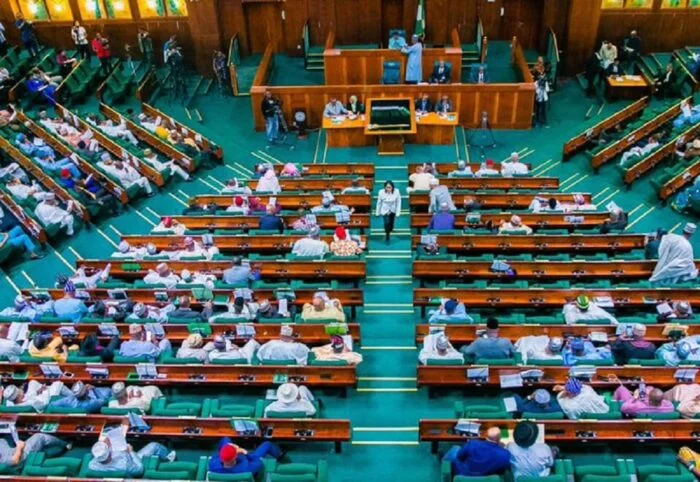Nigerian telecommunications companies have begun rolling out a 50% increase in data tariffs, following regulatory approval from the Nigerian Communications Commission (NCC).
However, the House of Representatives is now stepping in to halt the hike, arguing that it will place more financial strain on Nigerians already battling inflation and the removal of fuel subsidies.
On Tuesday, lawmakers directed the NCC and the Minister of Communications, Innovation, and Digital Economy to immediately suspend the tariff increase.
Despite the directive, MTN Nigeria—the country’s largest telecom operator—has already started adjusting its data prices.
A senior MTN executive, who spoke on condition of anonymity, confirmed the development:
“Yes, we’ve begun updating our price lists, but the process is being carried out in phases. Some prices have changed, while others remain untouched.”
According to the revised rates, the 1.5GB monthly plan, formerly ₦1,000, has been replaced with a 1.8GB plan for ₦1,500. The 15GB plan, previously ₦4,500, now costs ₦6,500, while the 20GB plan has increased from ₦5,500 to ₦7,500. Larger data bundles have seen even steeper hikes, with the 1.5TB 90-day plan rising from ₦150,000 to ₦240,000, and the 600GB 90-day plan increasing from ₦75,000 to ₦120,000.
While MTN has begun rolling out the new pricing, other major players—Globacom, Airtel, and 9mobile—are yet to release their revised tariffs but are expected to follow suit.

The House of Representatives’ intervention followed a motion of urgent public importance raised by Bayelsa State lawmaker, Oboku Oforji.
Oforji emphasized that while telecom operators have justified the price hike by citing rising operational costs and the need for better service delivery, the timing is deeply problematic.
“Inflation hit a record 34.6% in November 2024, and the removal of fuel subsidies has already placed a huge burden on Nigerians. Increasing telecom costs now would only make things worse,” he said.
He also noted that affordable connectivity is crucial for small businesses, digital banking, education, healthcare, and agriculture.
“A 10% increase in telecom costs could reduce small business profitability by up to 7%, potentially leading to business closures,” Oforji warned.
Another lawmaker, Billy Osawaru from Edo State, criticized the move, calling for telecom companies to improve service quality before implementing price hikes.

“Why is it that when things go wrong in this country, it’s always the poor who suffer?” Osawaru asked. “First, it was electricity tariffs, and now it’s telecom services. Nigerians deserve better.”
Industry stakeholders, particularly the Association of Licensed Telecommunications Operators of Nigeria (ALTON), have defended the increase, arguing that without it, the sector risks collapse.
ALTON Chairman, Gbenga Adebayo, stressed that the industry has been struggling with rising costs, underinvestment, and sustainability challenges.
“No one wants prices to go up, but without a proper tariff structure, telecom companies won’t be able to survive,” Adebayo stated. “The inability to recover investments in this sector is making sustainability increasingly difficult.”
Despite mounting pressure from lawmakers and consumer rights groups, telecom operators insist that the tariff hike is necessary for the long-term survival of the industry.
With the Nigerian Labour Congress (NLC) and consumer rights groups opposing the increase, and lawmakers demanding an immediate suspension, the fate of the new tariffs remains uncertain.
Will the government force a reversal, or will Nigerians have to adjust to higher telecom costs? Only time will tell.



